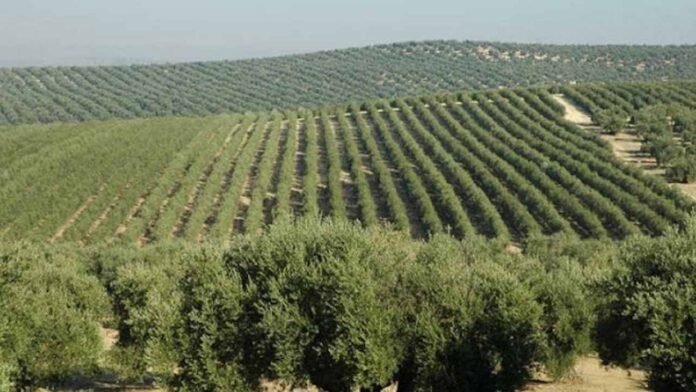Pakistan’s Ten Billion Tree Tsunami project, launched by the PTI government in 2014, has sparked a silent olive revolution.
According to Juan Vilar Strategic Consultants, Pakistan is now the 19th member of the International Olive Council and produces about 1,500 tons of olive oil per year and 830 tons of table olives.
It also helps address some of the impacts of climate change, such as soil erosion and desertification, and offers new opportunities for farmers.
Pakistan is the world’s third-largest importer of cooking oil. In 2020, Pakistan imported US$2.1 billion worth of palm oil, behind just US$5.1 billion worth of palm oil imports from India and US$4.1 billion from China.
Increased olive oil production will help the country reduce its reliance on palm oil imports. Replacing imported palm oil with domestic olive oil can also help improve the health of Pakistani consumers.
IOC (International Olive Council) has 18 members, primarily European and Middle Eastern nations in the Mediterranean. Pakistan joins as the 19th member IOC member’s account for more than 98 percent of world olive production.
The IOC has been based in the Spanish capital of Madrid since it was founded in 1959.
The organization establishes acceptable testing methods for quality control. It ensures transparency of consumer information, such as hygiene standards throughout the supply chain, appropriate packaging materials and product filling tolerances, labeling standards, food additives or permitted contaminants, and recommendations for environmental protection in the use and disposal of olive oil products.


